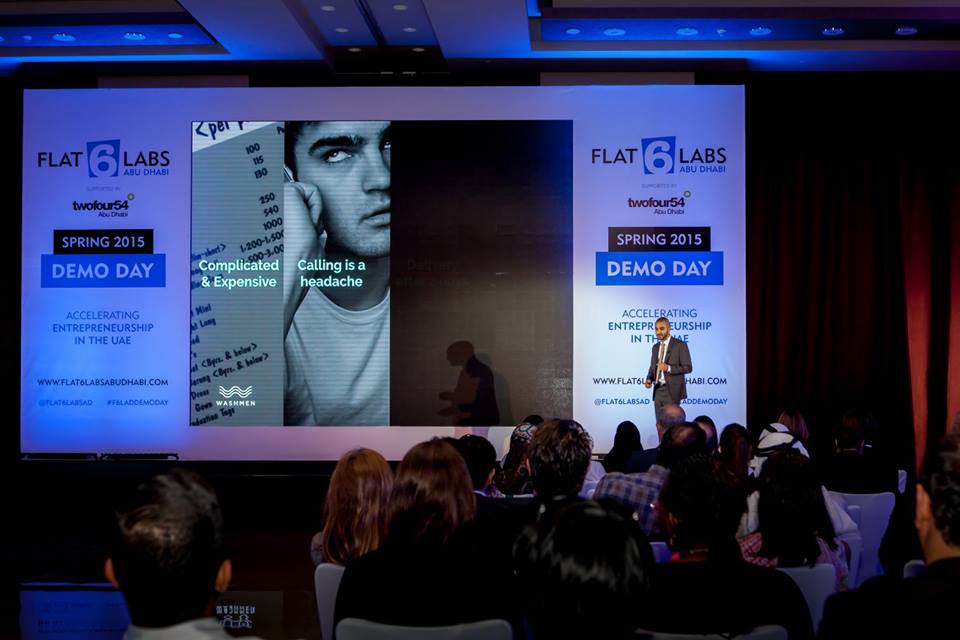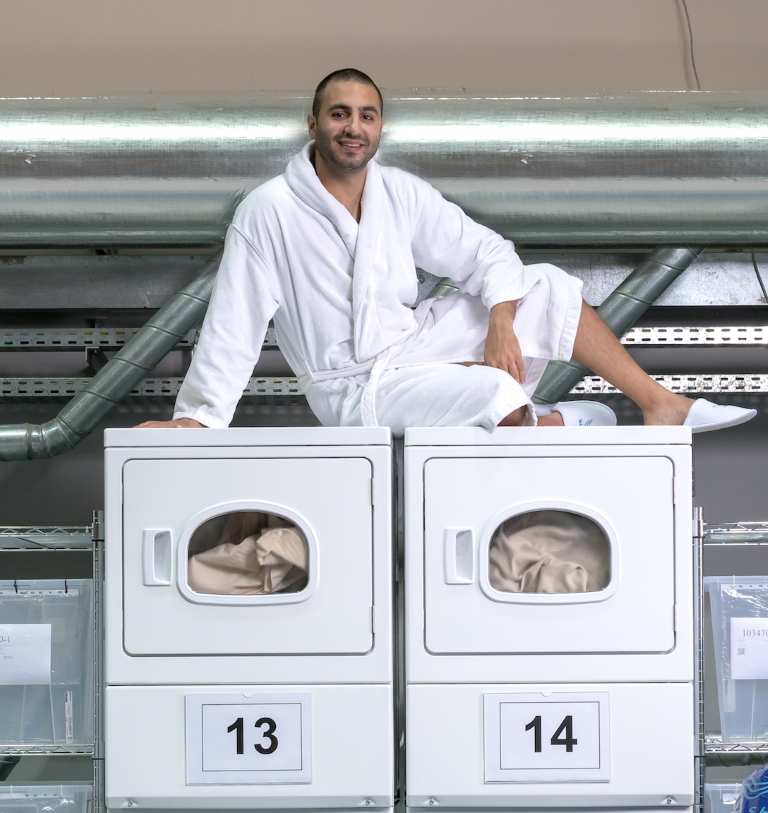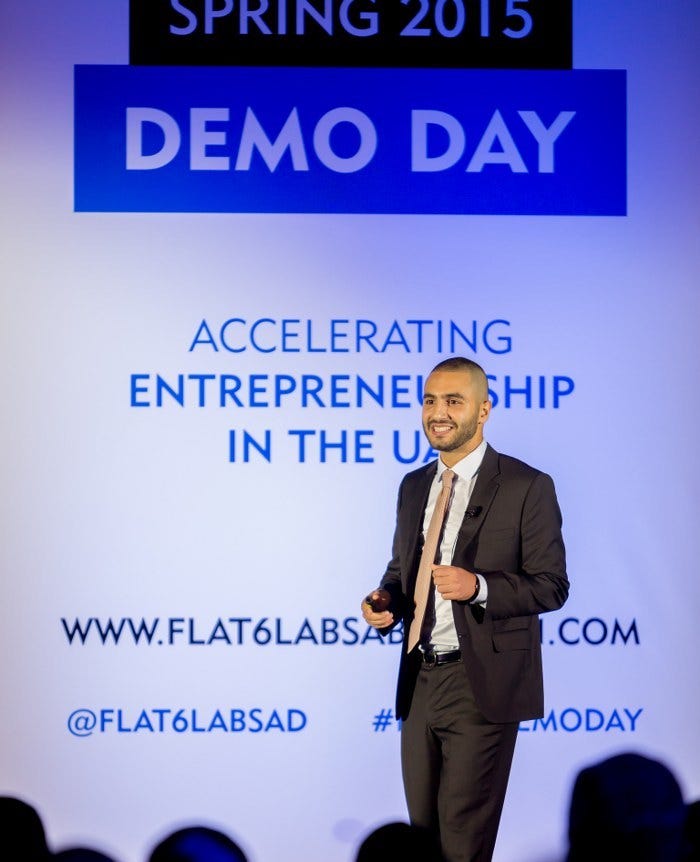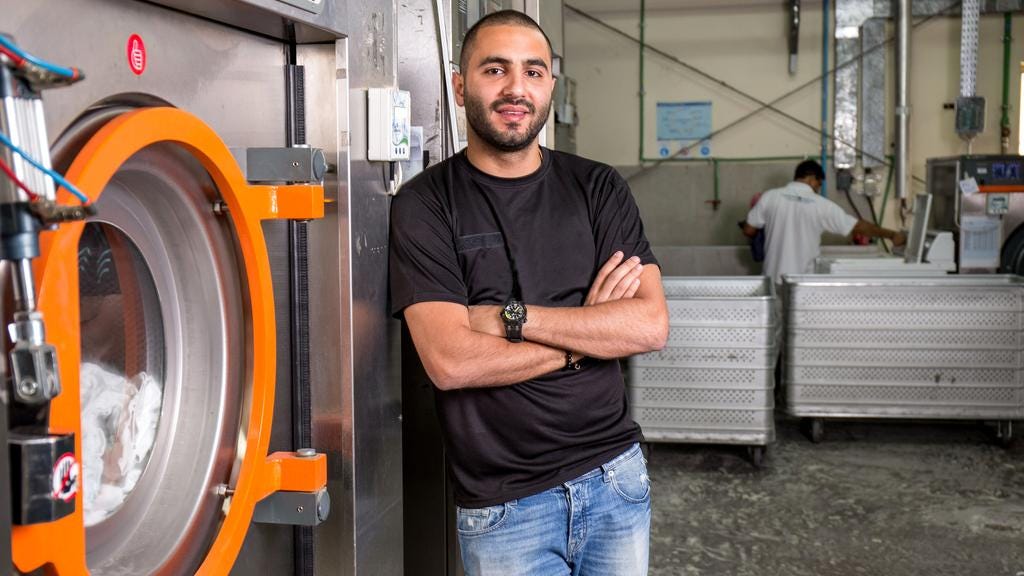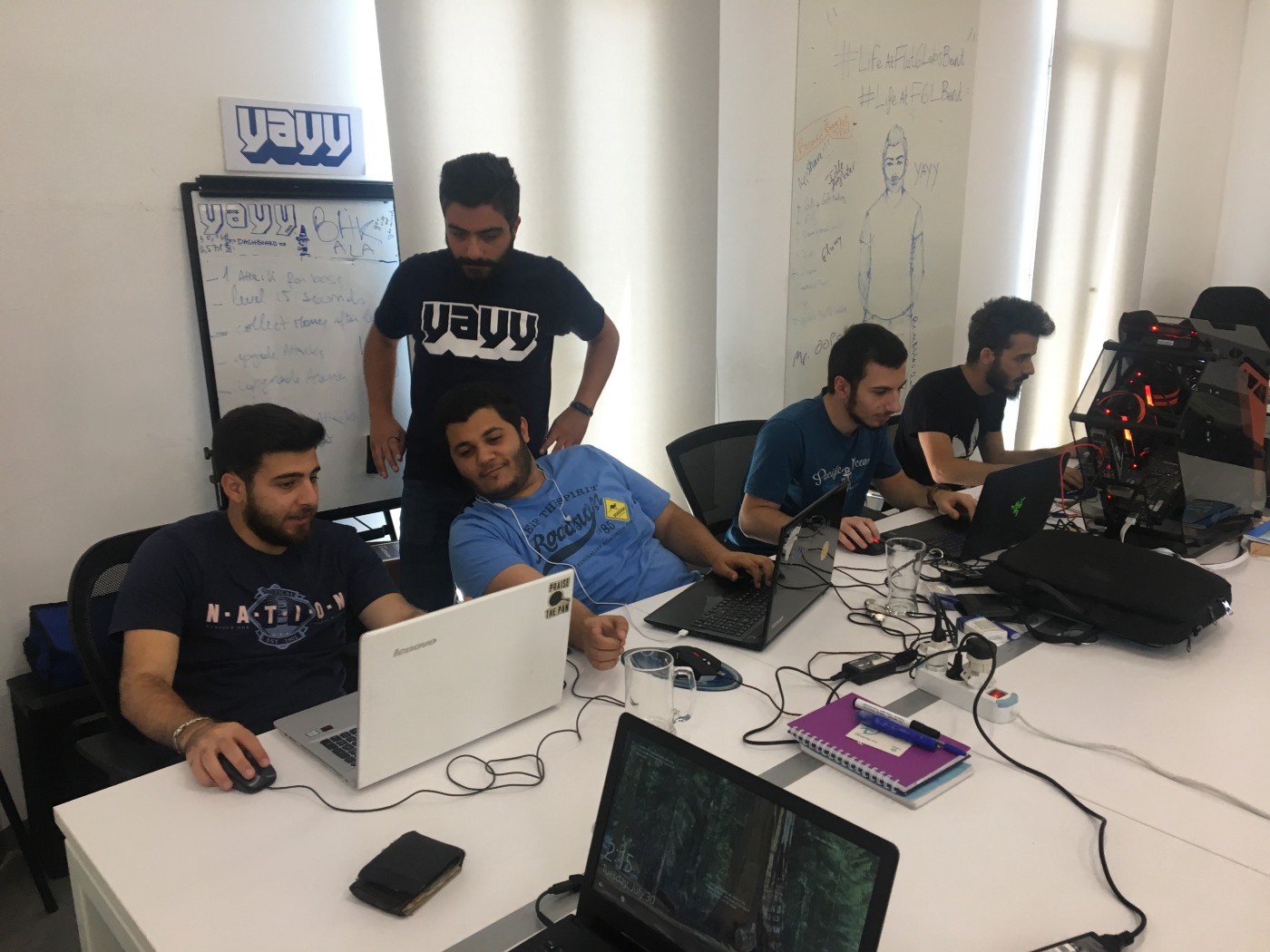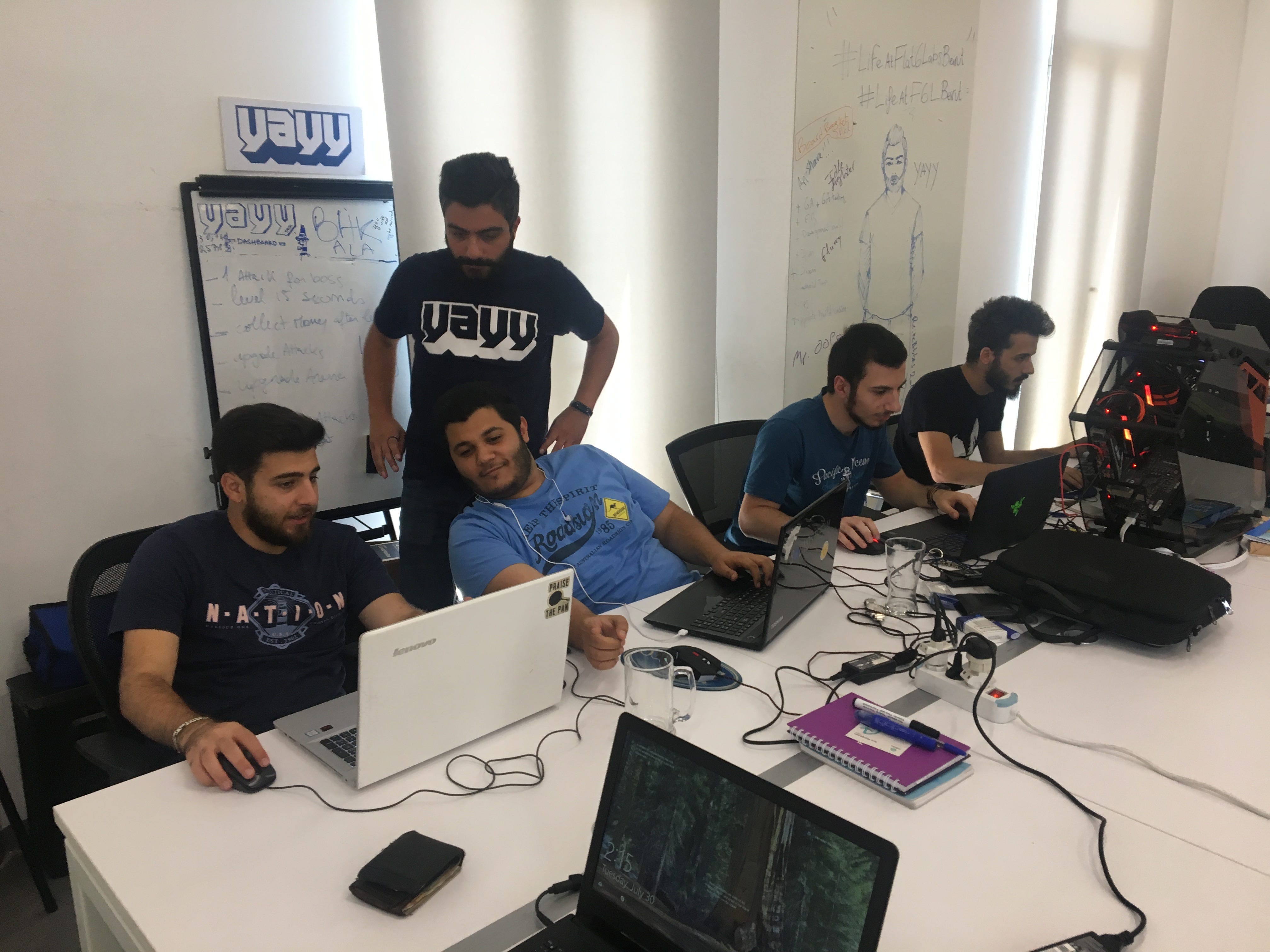We sat down with Mounira El Halabi, Co-Founder & CEO of Joona, one of Flat6Labs Beirut’s Cycle 4 startup alumni, to get a better insight about their newly launched organic skin care products, the market size for them in the MENA region, challenges they face, and what’s in the pipeline for them.
Can you tell us how you started developing Joona along with your co-founder Farah Khaled, and the inspiration behind the brand?
I’ve had psoriasis since a young age. There was always a love-hate relationship between my skin and I. On one hand, I needed to take care of it and maintain it in good health, and on the other, I was very insecure about myself. I never considered myself fit to the ‘beauty scene’. So one day I had an idea. I wanted to make beauty fun, stress-free and all-inclusive.
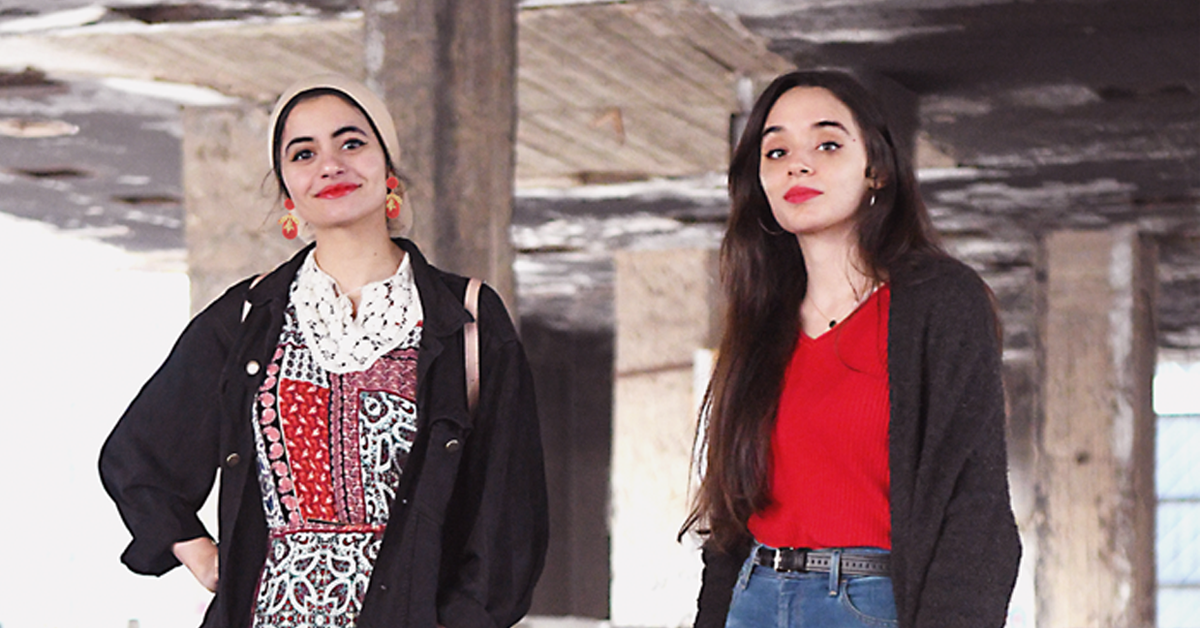
It was never intentional to create Joona. I wanted to create a fun beauty lab where everyone can come and mix products together and have a good time. I applied this idea to Tripoli Entrepreneurs Club (TEC), a local pre-seed accelerator in Tripoli, and we fine-tuned it to become a beauty brand in a box — “Khan Beauty Box”. A year later we changed the name, rebranded and took off with a new mission in mind: to build a platform for women to feel beautiful and celebrate themselves.
How has your experience been so far with Flat6Labs Beirut?

Joona went from being a small business started by two women who had no idea what they were doing into a brand with a global view. Flat6labs were very patient and supportive. We were very lost at the beginning due to the difficulty of creating a product-focused company in a country like Lebanon. We flipped through many ideas and our team at Flat6labs Beirut were always there to listen. We’re very proud of what Joona is now and we believe it was a collective effort.
What is Joona currently offering product-wise that differentiates it from its competitors (local and regional)?
So here’s the thing, I was never a big fan of the beauty industry but at the same time I loved to take care of myself and look good. So I asked myself, what is the beauty industry missing that is making people such as myself unenthusiastic about purchasing beauty products? Was it the unsustainability, the dangerous chemical use, or even the branding that seemed to feature only certain types of women and exclude the rest of us? Maybe all of these reasons and more.
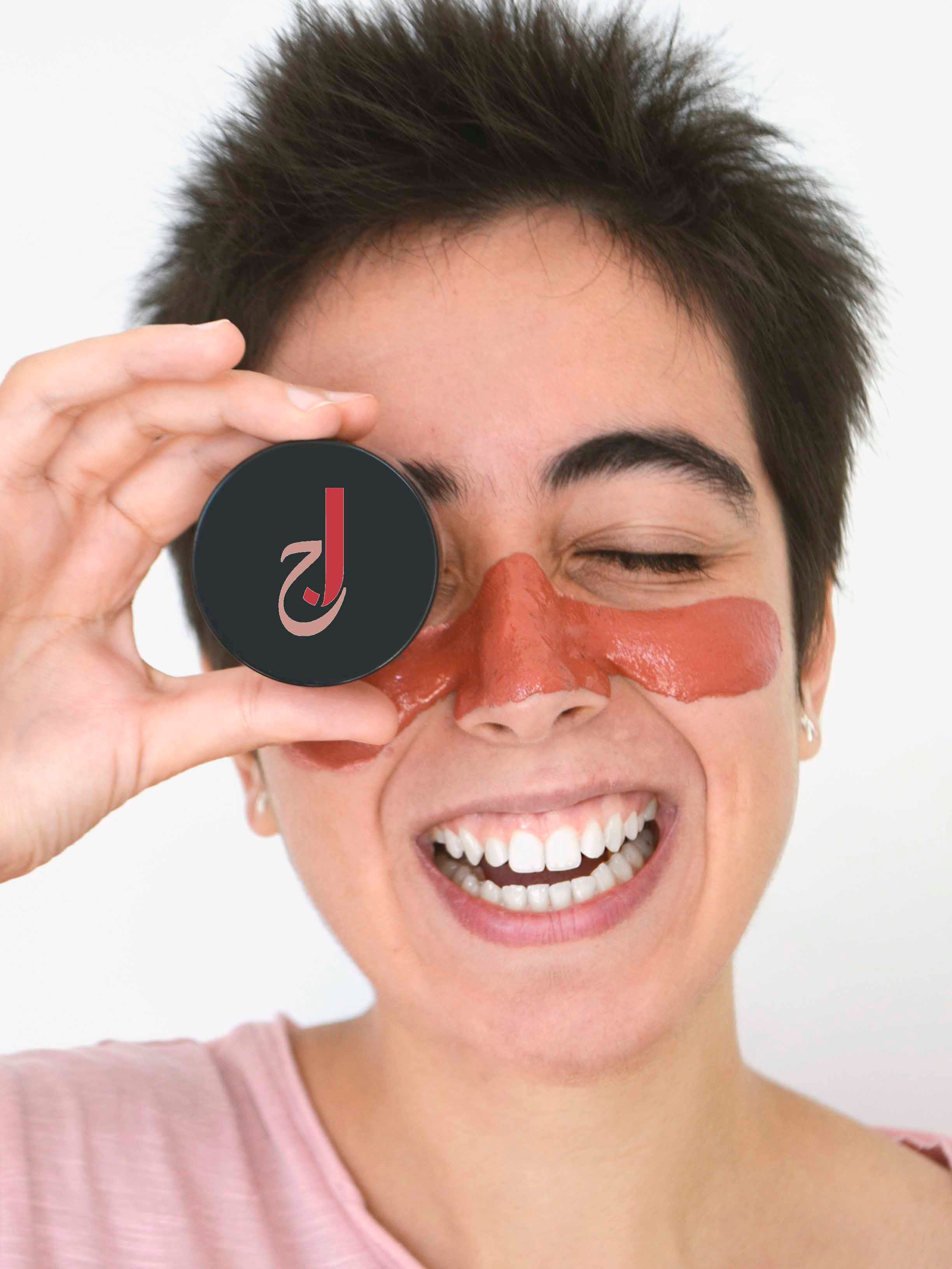
We want to take care of our women by focusing on skincare that ultimately enhances the skin’s radiance and glow — making them not only look good but more importantly feel good from the inside out. Our products are playful, natural and infused with stories from our culture. Our rose water face mist is collected from rural women and infused with organic aloe vera and glycerin for an extra boost than the typical rose water that’s available in the market. Our best-seller, the Liquid Moon face cream is formulated with rose water based on an ancient recipe discovered in Tripoli that the apesathcarists used to make. We also added some avant-garde ingredients like the plumping hyaluronic acid, aloe vera, and vitamin E. We’re also currently working on a anti-stress aromatherapy oil combination made by a heritage perfumery in Tripoli. A lot of love, stories, and art goes into every product we make and we’re very proud of that.
What is the current market size of the natural cosmetic beauty industry in the MENA region?
The beauty industry in the MENA region is booming — it’s estimated to top $45 billion in the next five years. It’s one of the hottest topics on social media; most particularly, on YouTube, with a record of more than 88 billion beauty-related video views.

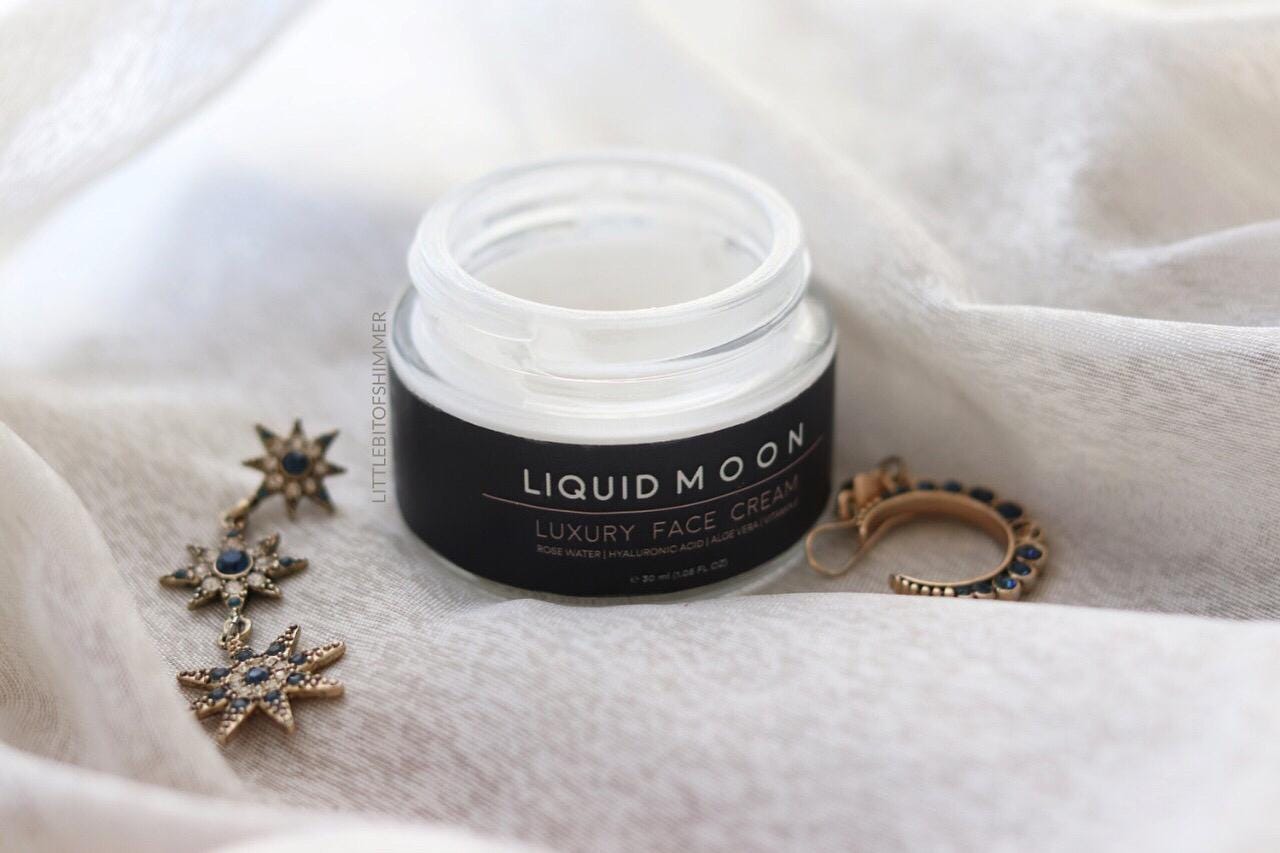
In the MENA region, women are becoming increasingly aware about the unfavorable effects of toxic cosmetic ingredients like parabens that are found in both drugstore and luxury products. As a result, they have shifted towards healthy and all-natural ingredients for their everyday beauty and skincare regimen.
How was your experience with the mentors that you’ve met throughout the program?
The best mentor, and our north star, is always our customers. Our community of early adopters were really able to provide us with genuine and instructive feedback and advice that we valued, since it gave us a deeper understanding of what our customers’ look for in skincare products.
We also enjoyed being at Flat6Labs Beirut, and met a lot of great key people in the startup ecosystem who constantly provided us with informative insights about how we can expand and scale our business in the MENA region.
Did you face any challenges (such as gender discrimination, age-wise, etc.) as a team of two young women who are forging their own path?
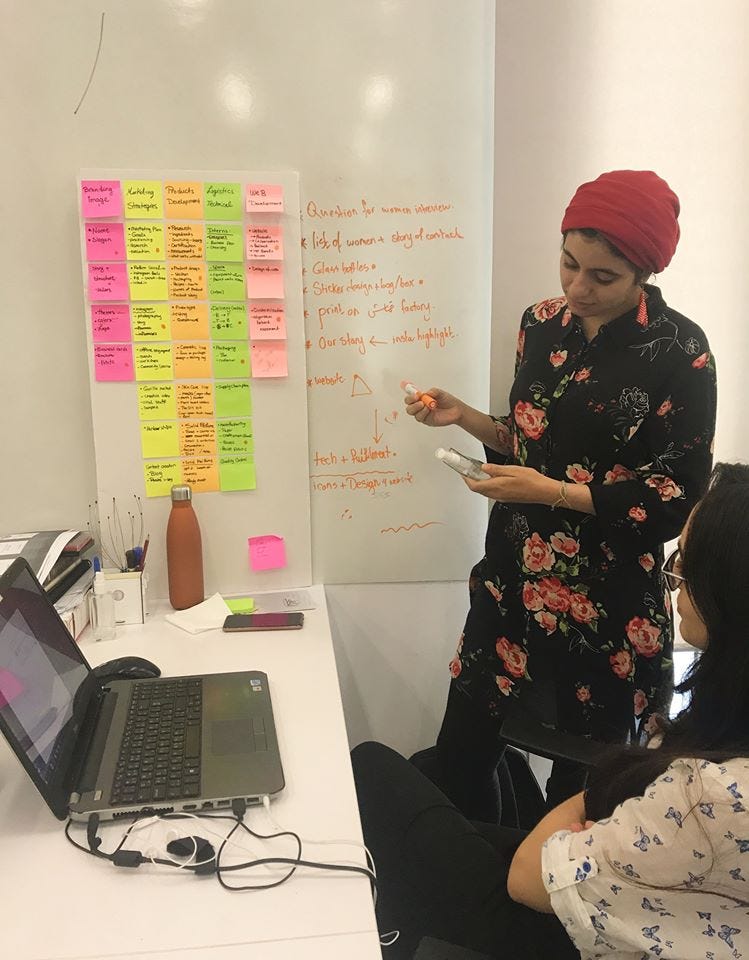
To be honest, we did. Our parents were very skeptical of what we do and so is society. We didn’t start off as beauty bloggers, but ever since conceptualizing Joona, we have been learning substantially about all-natural ingredients that we can incorporate into our products and believe that with the right team and qualified mentors, we are able to prove that we’re capable of succeeding with growing business. The hardest part is talking to male investors because most of them have no knowledge of beauty products, why they’re important, and that they do sell. We recently decided to take a step back and build traction rather than just pitch the idea so that investors can have a better understanding of our business and how it has the potential to grow.
What advice would you give aspiring women entrepreneurs who are interested in starting their own business, but are lacking initiative or are discouraged due to a generally low presence of women-led startups?
So what if there’s a low presence of women in the startup world? That’s an even bigger reason to start. Today, it’s easier than ever to start your own business. Just open an instagram shop and start selling! Create a landing page for your app, and see how many people sign up for it. Participate in local and regional competitions since there’s an abundance of them and they can put your startup on the map and give it visibility. The real challenge is not in starting, but rather in scaling and maintaining the growth of your business.
Do you have any collaborations in the pipeline, and what value will they be adding to Joona?
We’re currently working on some collaborations. There are several online shops and offline boutiques who already want to sell our products; however, we want to get acquainted with our customers first and learn more about them via our channels, such as our website, as well as expand our customer base. We’re also building a media platform that will feature intriguing women sharing their stories and experiences surrounding the beauty industry to further build our community. If anyone is interested, we’d love to hear from you.



